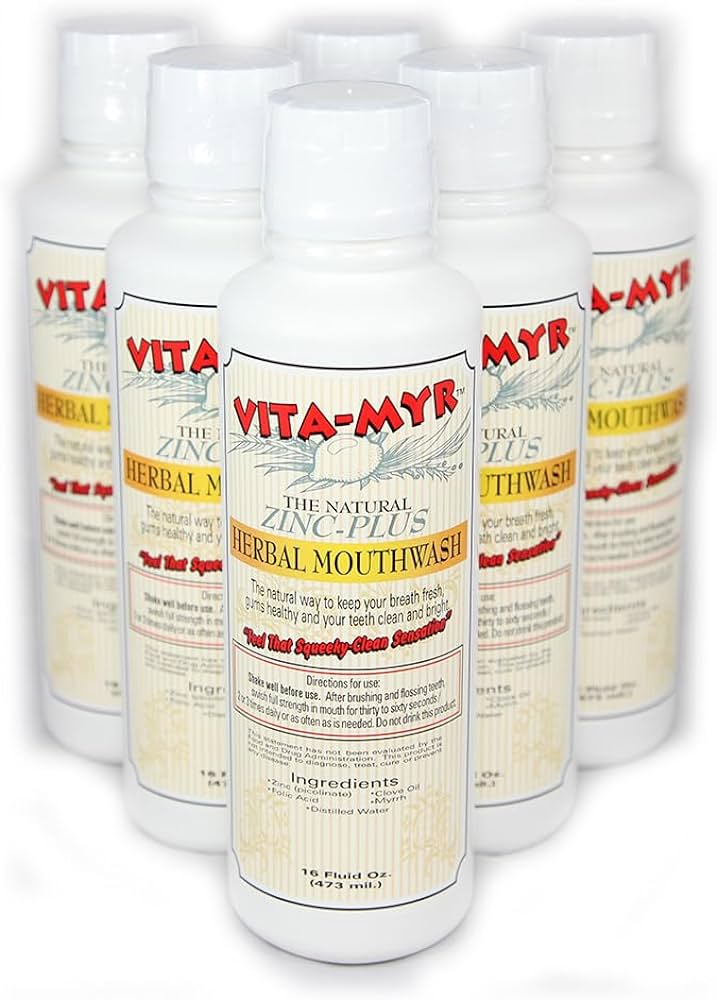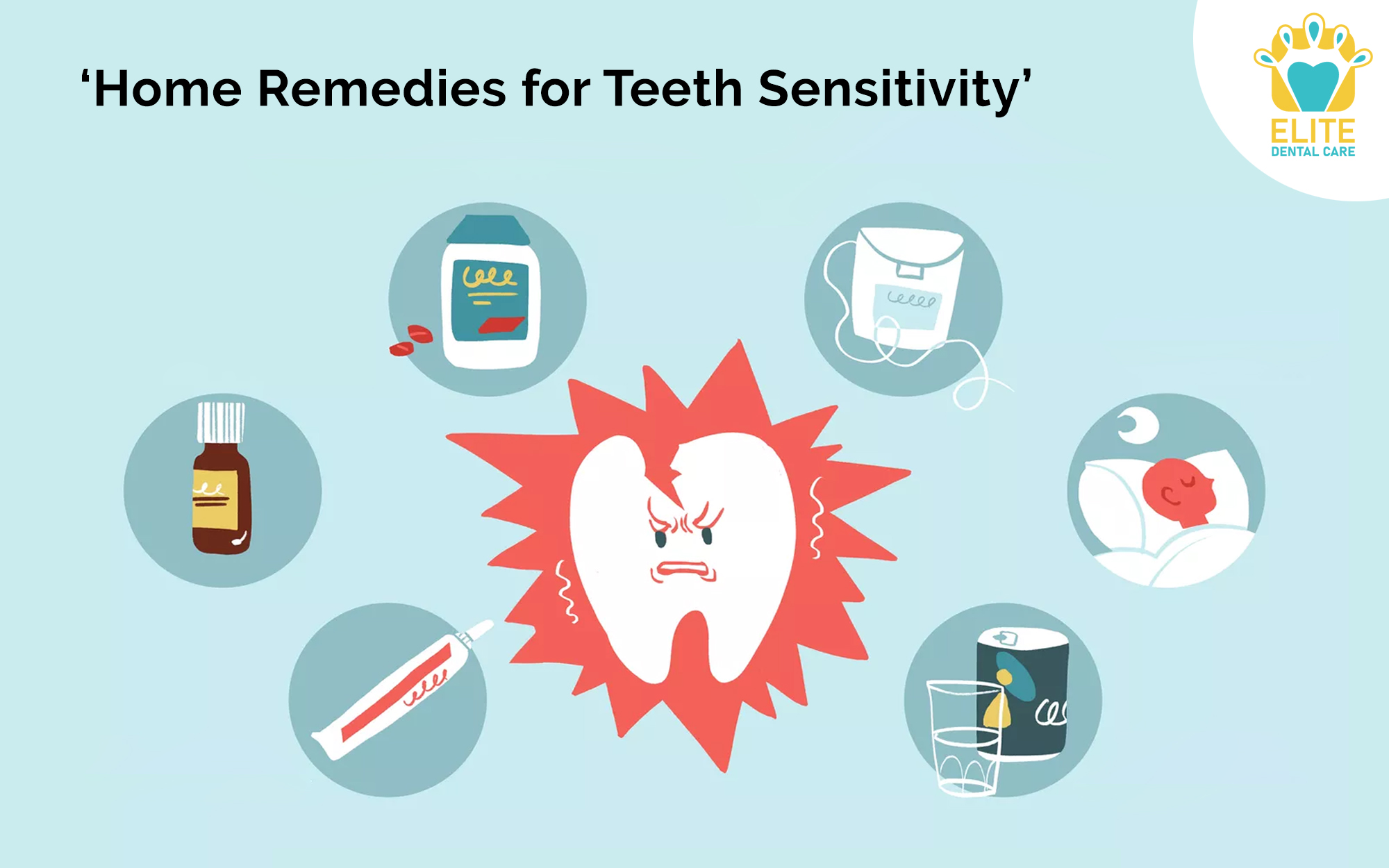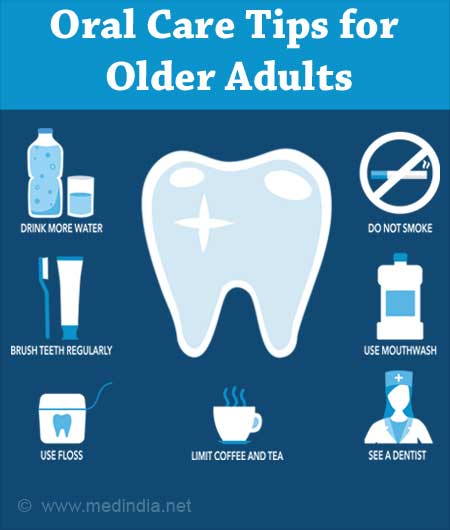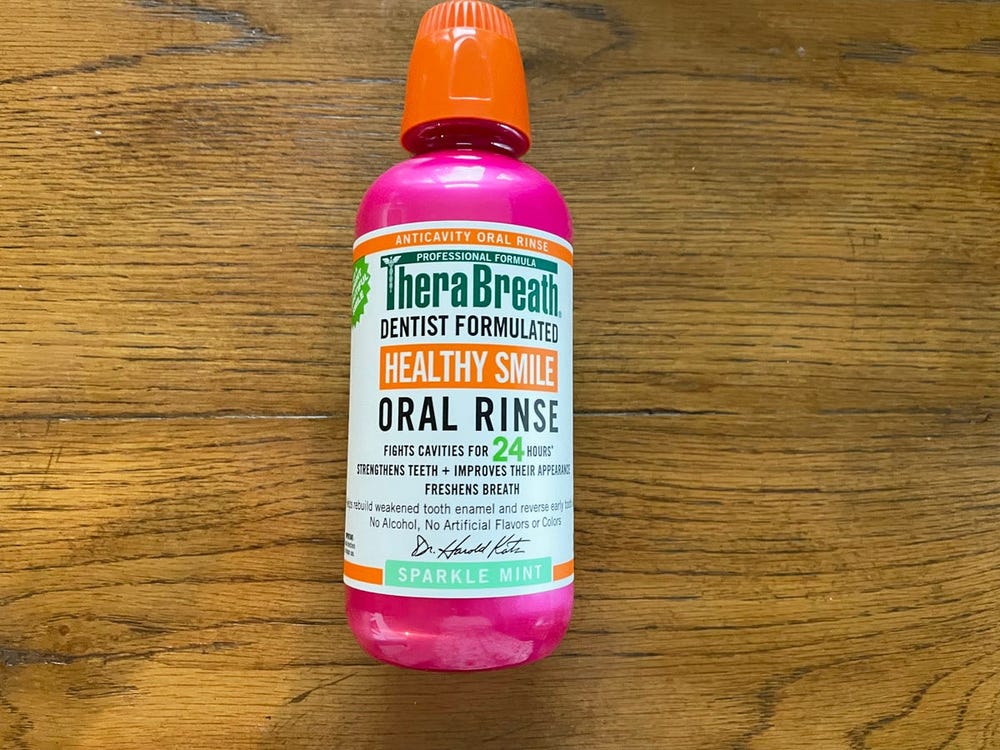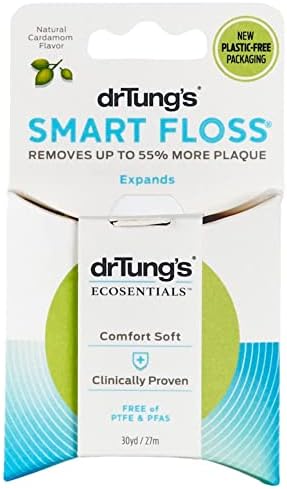Introduction
Maintaining good oral hygiene is essential for overall health. Regular brushing and flossing are crucial, but using mouthwash can provide additional benefits. While traditional mouthwashes contain chemicals, natural alternatives have gained popularity. This article explores the effectiveness of natural mouthwashes in promoting oral health.
The Benefits of Natural Mouthwashes
Natural mouthwashes offer several advantages over their chemical-laden counterparts:
No Harsh Chemicals
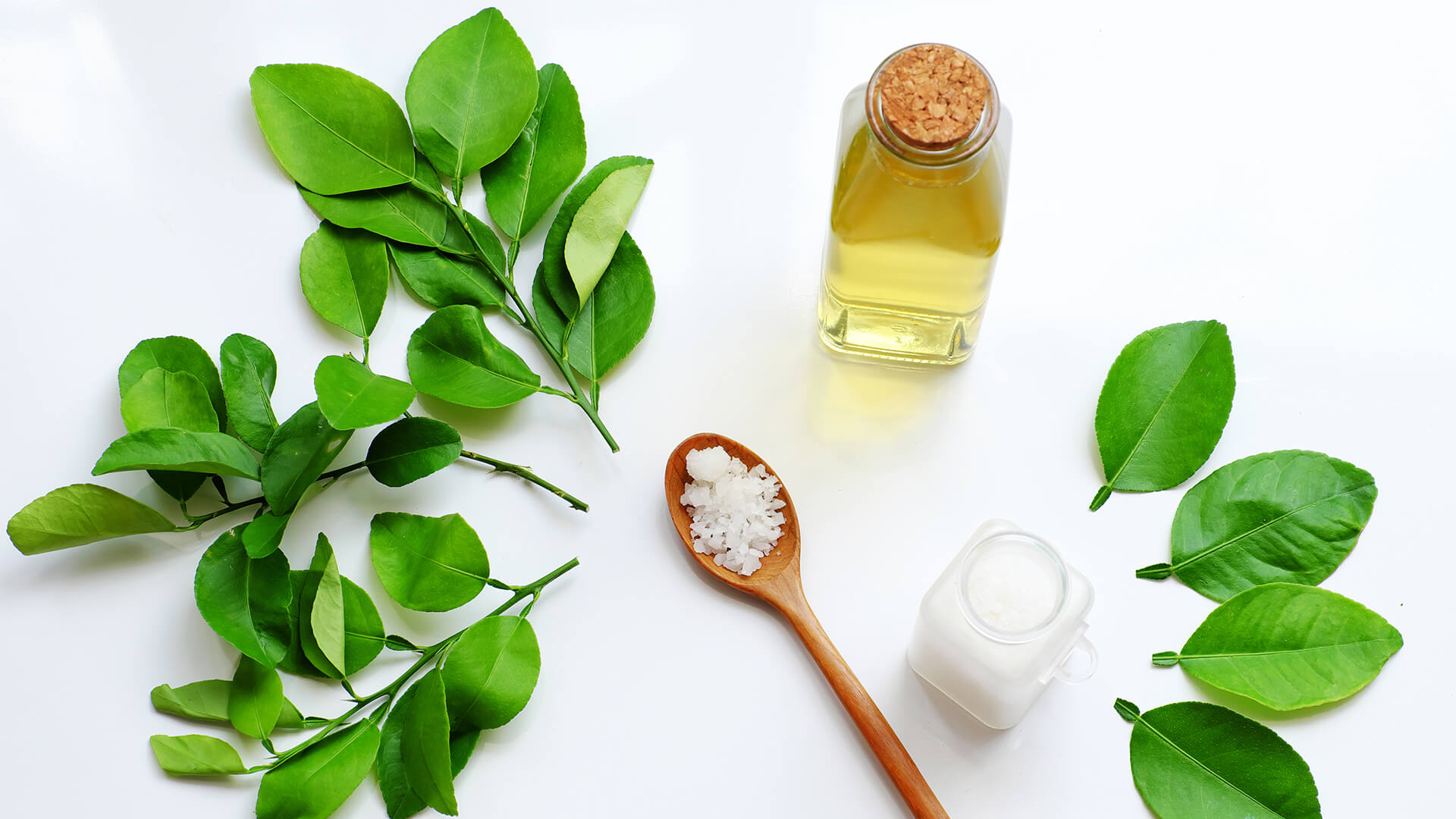
Traditional mouthwashes often contain alcohol, artificial colors, and synthetic flavors. Natural mouthwashes, on the other hand, are free from these harsh chemicals, making them a safer option for those with sensitive gums or allergies.
Antibacterial Properties
Many natural mouthwashes contain ingredients like tea tree oil, peppermint oil, or eucalyptus oil, which have natural antibacterial properties. These ingredients can help combat harmful bacteria in the mouth, reducing the risk of gum disease and bad breath.
Reduced Side Effects
Chemical mouthwashes can sometimes cause side effects such as dry mouth or a burning sensation. Natural mouthwashes are generally gentler and less likely to cause these discomforts.
Common Ingredients in Natural Mouthwashes
Natural mouthwashes often include the following ingredients:
Tea Tree Oil
Tea tree oil is known for its antimicrobial properties. It can help kill bacteria and fungi in the mouth, reducing plaque buildup and preventing gum disease.
Peppermint Oil
Peppermint oil provides a refreshing taste and has antibacterial properties. It can also help alleviate bad breath and soothe gum inflammation.
Aloe Vera
Aloe vera has soothing and healing properties. It can help reduce gum inflammation and promote healthy oral tissues.
Clove Oil
Clove oil has been used for centuries to relieve toothaches and gum pain. It has antimicrobial properties and can help fight oral infections.
Summary
Natural mouthwashes have gained popularity in recent years due to concerns about the ingredients used in conventional products. These natural alternatives often contain plant-based ingredients such as essential oils, herbal extracts, and minerals. Proponents of natural mouthwashes claim that they provide similar benefits to traditional mouthwashes, including freshening breath, reducing plaque, and fighting bacteria.
However, the effectiveness of natural mouthwashes is still a topic of debate among dental professionals. While some studies suggest that certain natural ingredients have antimicrobial properties and can help maintain oral health, there is limited scientific evidence to support the overall effectiveness of natural mouthwashes compared to traditional ones.
It is important to note that not all natural mouthwashes are created equal. The efficacy of a natural mouthwash depends on the specific ingredients used and their concentrations. Additionally, individual oral health needs may vary, and what works for one person may not work for another.
In conclusion, while natural mouthwashes may offer some benefits and can be a suitable option for those who prefer a more natural approach to oral care, it is essential to consult with a dental professional to determine the most effective mouthwash for your specific needs. Regular brushing, flossing, an https://www.ncbi.nlm.nih.gov/pmc/articles/PMC9819414/ d professional dental cleanings remain the foundation of good oral hygiene, and mouthwash should be used as a supplement rather than a substitute.
- Q: Are natural mouthwashes effective?
- A: Yes, natural mouthwashes can be effective in maintaining oral hygiene. They contain ingredients like essential oils, herbs, and plant extracts that can help kill bacteria, freshen breath, and promote healthy gums.
- Q: How do natural mouthwashes work?
- A: Natural mouthwashes work by utilizing the antibacterial properties of certain ingredients. These ingredients can help reduce plaque buildup, fight bad breath, and prevent gum diseases.
- Q: Are natural mouthwashes safe to use?
- A: Generally, natural mouthwashes are safe to use as they do not contain harsh chemicals or artificial additives. However, it is always recommended to check the ingredients and consult with a dentist if you have any specific concerns or allergies.
- Q: Can natural mouthwashes replace regular brushing and flossing?
- A: No, natural mouthwashes should not replace regular brushing and flossing. They should be used as a supplement to a proper oral hygiene routine, which includes brushing twice a day and flossing daily.
- Q: Are there any drawbacks to using natural mouthwashes?
- A: Some natural mouthwashes may have a milder effect compared to conventional mouthwashes that contain alcohol or other strong chemicals. Additionally, natural mouthwashes may have a shorter shelf life due to the absence of preservatives.

Welcome to Implant Surgery Insights, your go-to resource for all things related to implant surgery, natural dental care, senior dental health, and dental product reviews. My name is Jamie Montgomery, and I am thrilled to be your trusted Implant Surgery Consultant.

